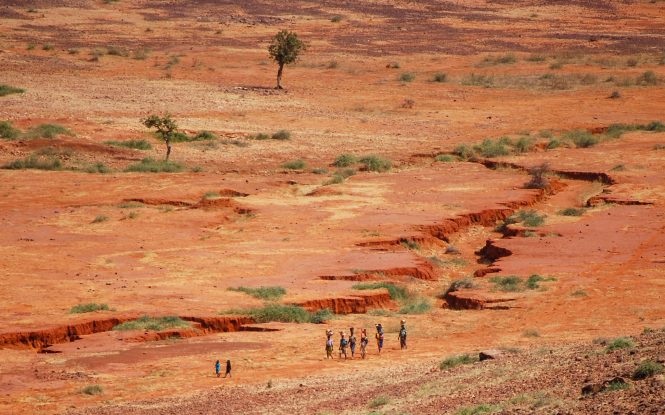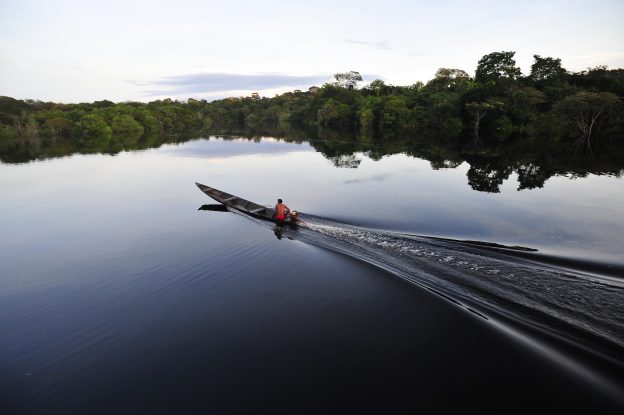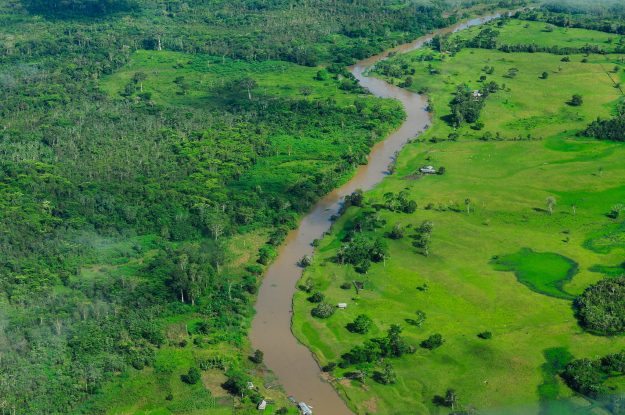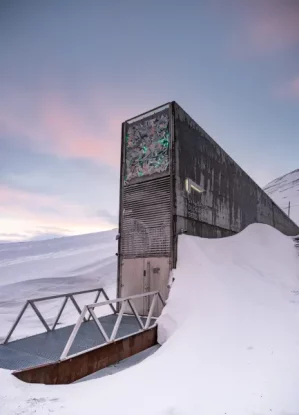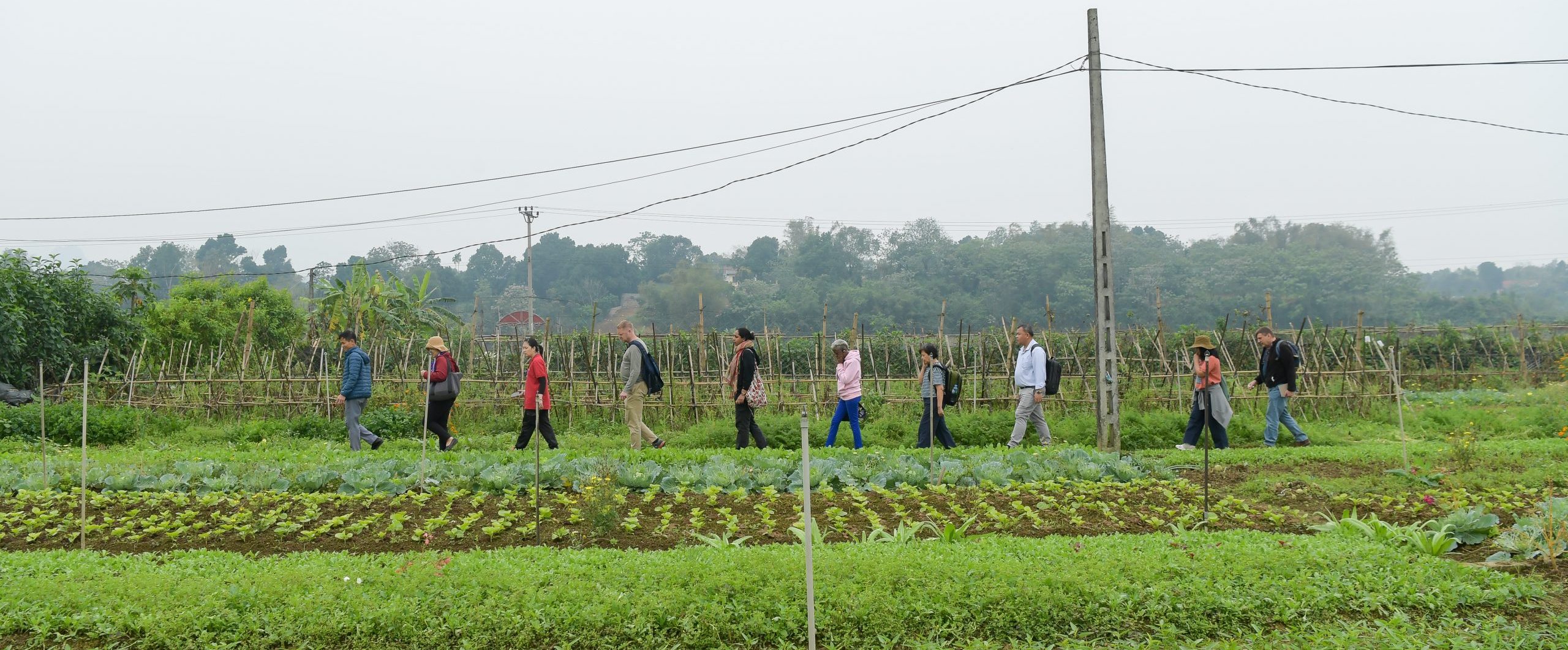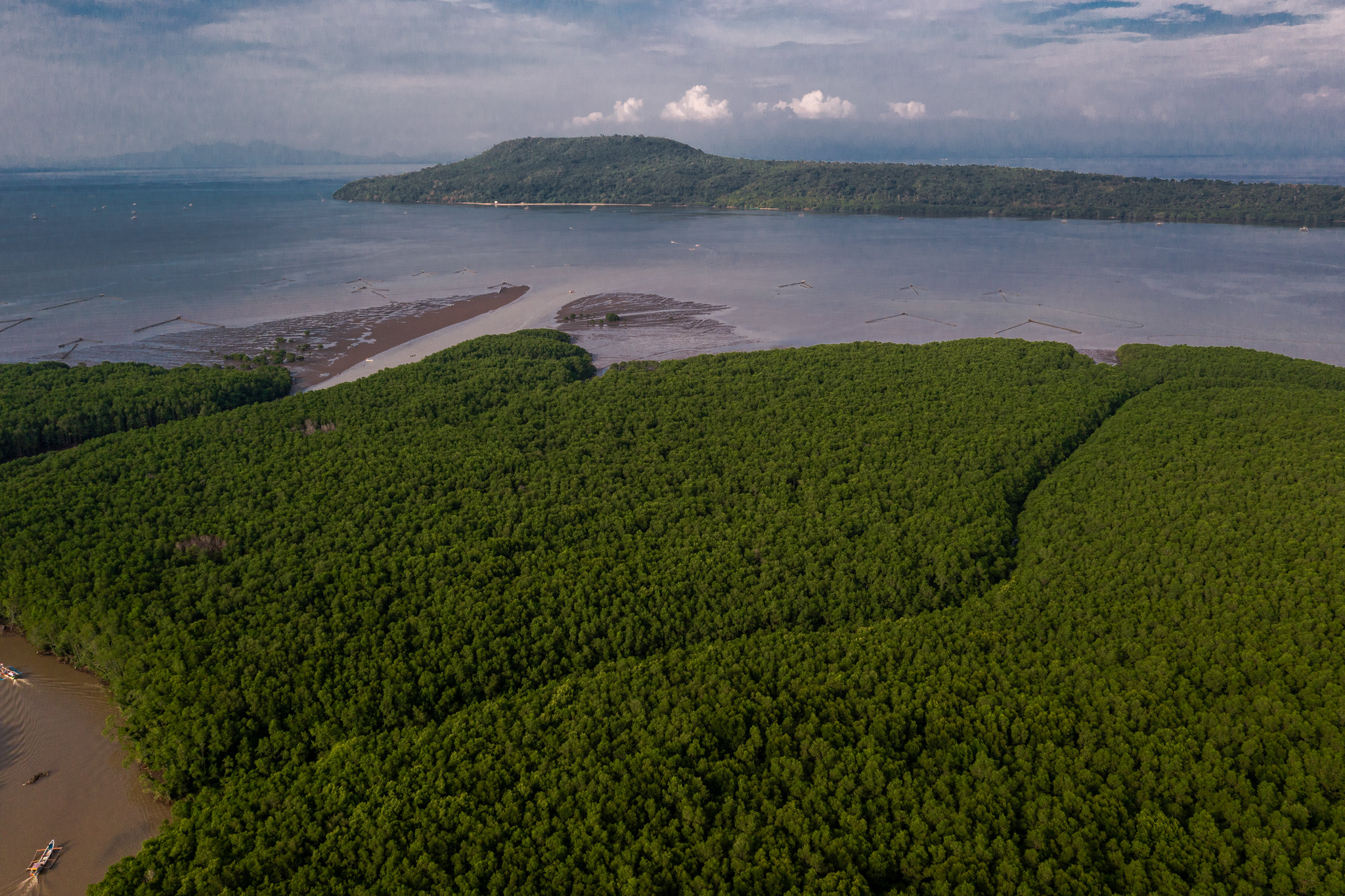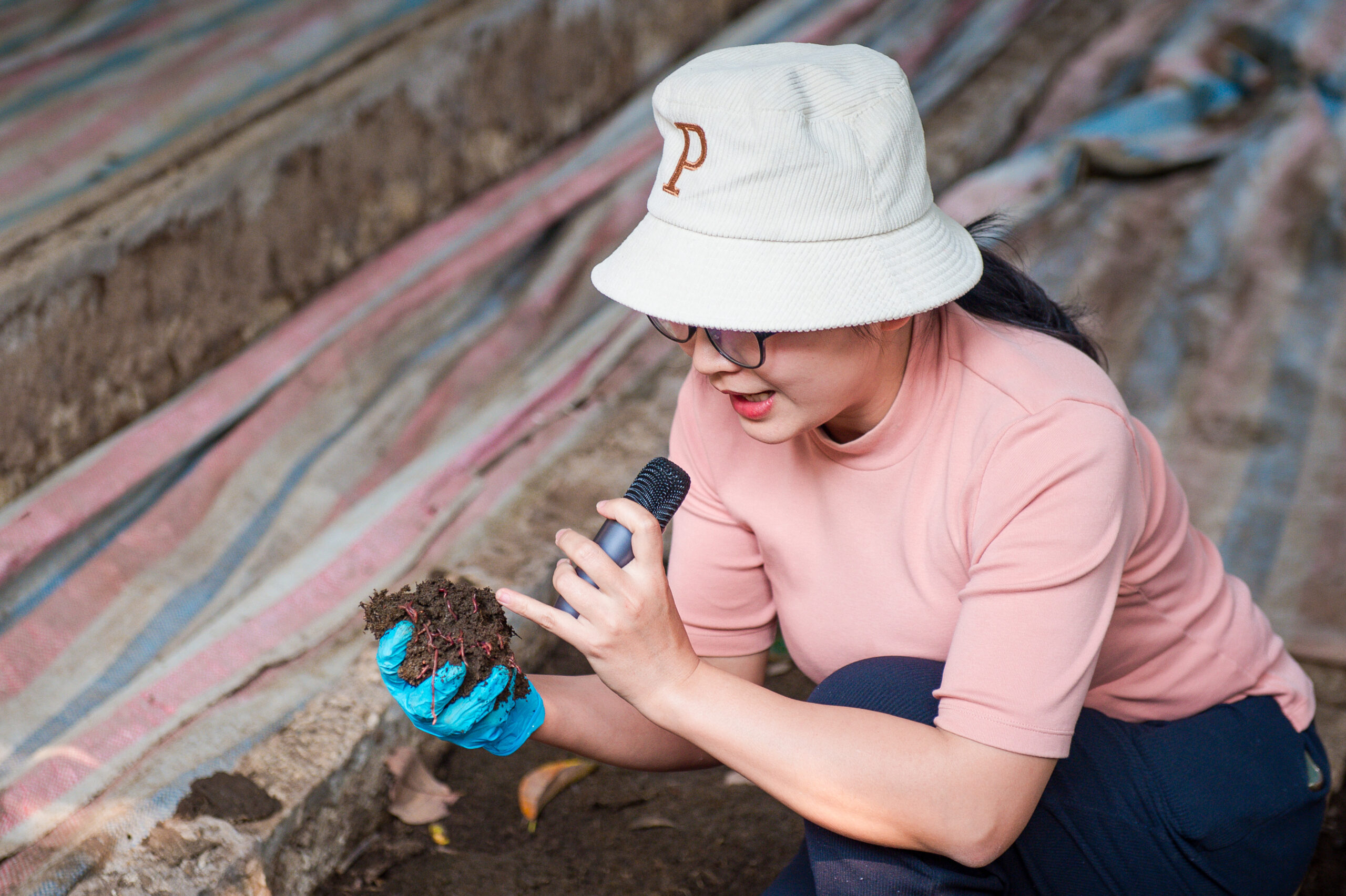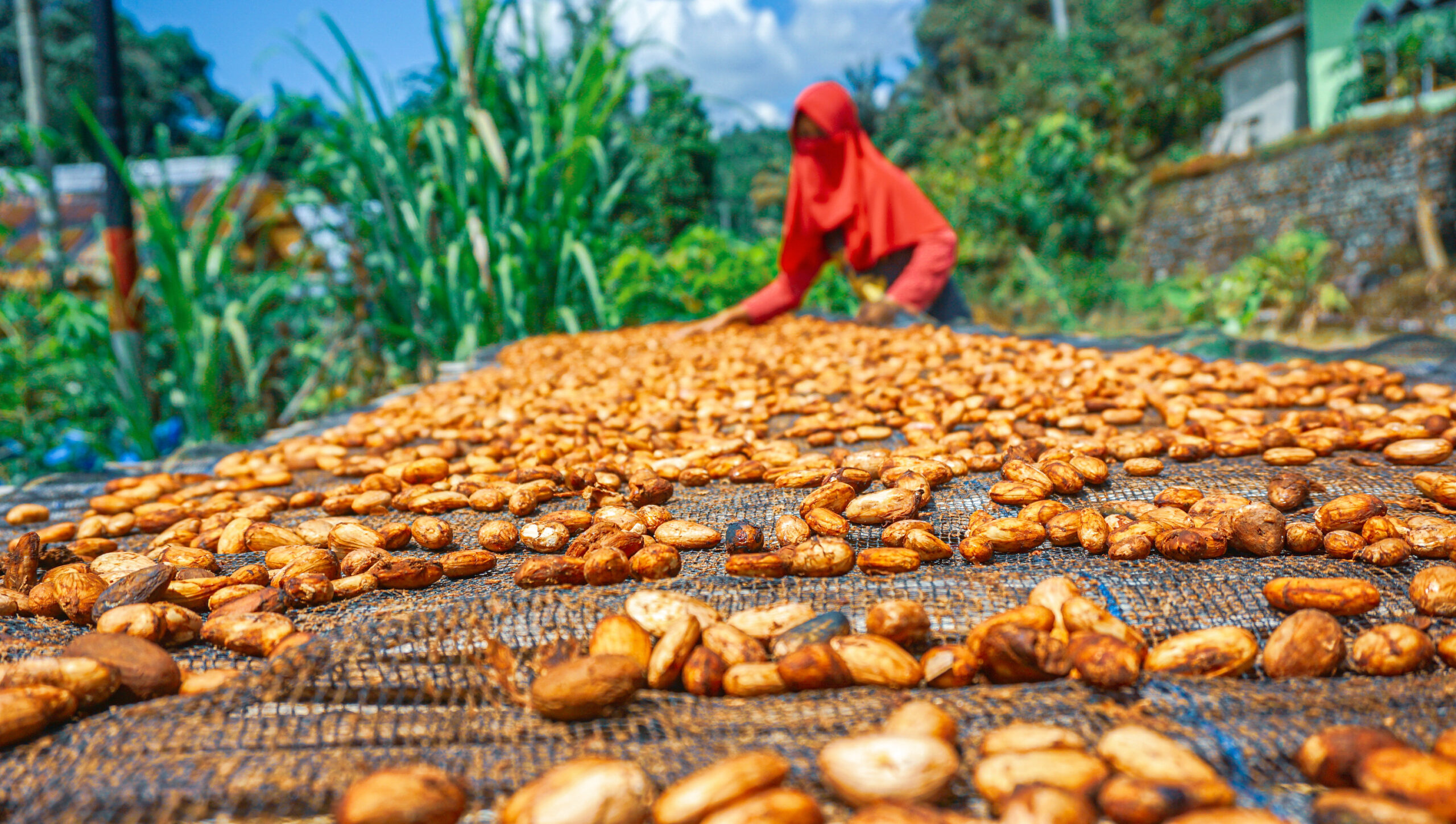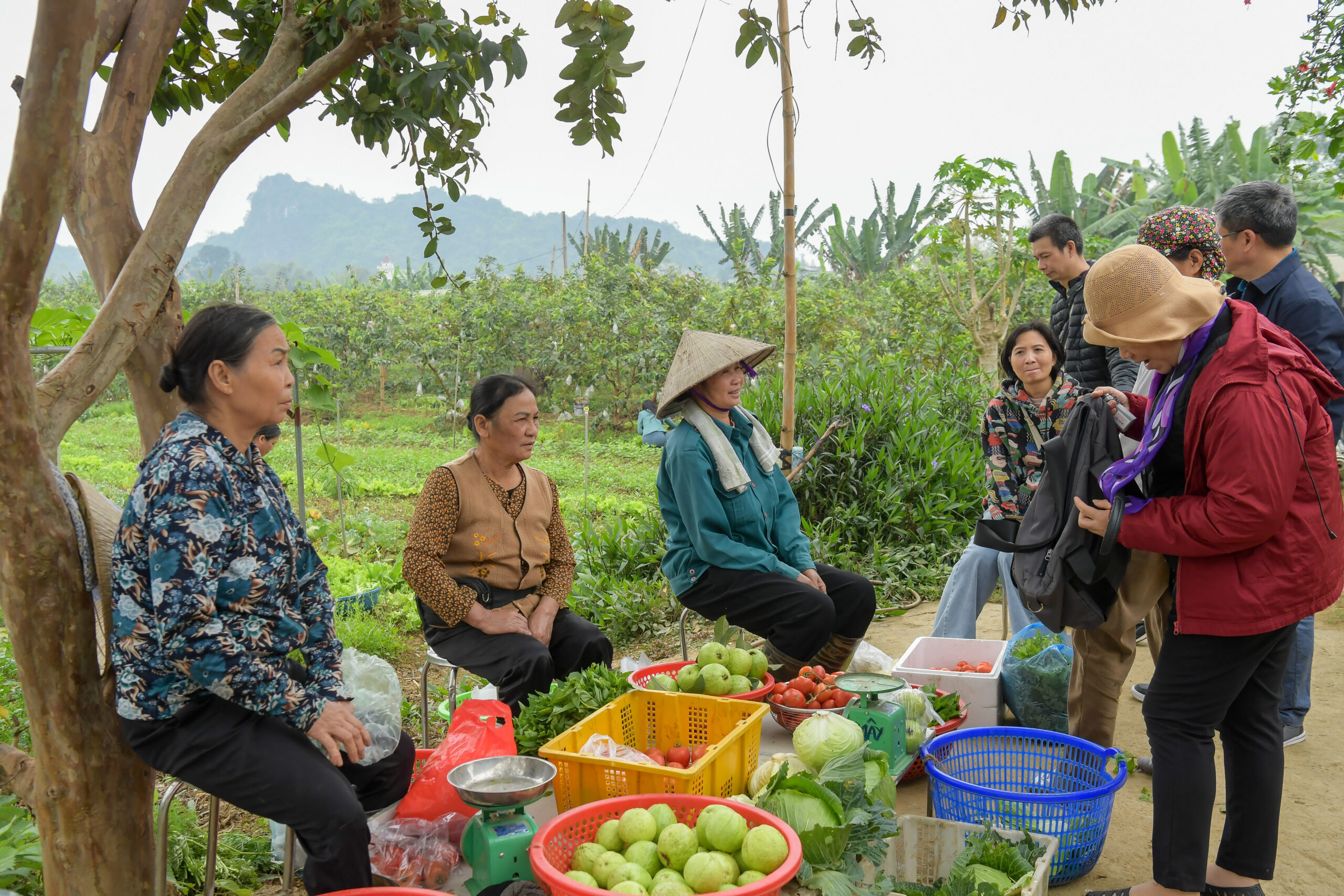What happens when farmers, researchers and policymakers from across the planet come together not just to discuss agroecological transitions, but to actively accelerate and put them in action? Â
From 31 March to 4 April 2025, the Annual Members’ Forum Meeting (AMFM 2025)of the Agroecology Transformation Partnership Platform (AE-TPP) took place in Hanoi, Vietnam, bringing that question to life.Â
The AE-TPP convenes a global network of partners committed to “doing science differently”. It supports transitions to sustainable food systems by coordinating and amplifying agroecology initiatives in diverse contexts around the world.Â
This year’s hybrid forum gathered actors from all levels of the global food system — national governments, local research institutions, farmer-led organizations and local and regional networks. Participants took stock of progress, shared innovations and explored new pathways to co-create knowledge, scale up sustainable practices and transform food systems from the ground up.
Nguyen Do Anh Tuan, director general of international cooperation at Vietnam’s Ministry of Agriculture and Rural Development, opened the forum with a keynote address outlining the country’s agricultural context and most pressing challenges — including food security, environmental degradation and malnutrition.Â
He called for strengthening the resilience of agriculture and positioned agroecology as a vital strategy. “Resilience is a core element of agroecology,” Dr Tuan said. “Agroecology offers a pathway to build sustainable and healthy agricultural ecosystems, secure livelihoods and, most importantly, contribute to a transparent, responsible and sustainable food system transition.”Â
Dr Tuan then urged participants to use the forum not only to learn and share success stories from one another, but to build a collective understanding of how to promote and scale agroecological transitions.Â
Associate professor Dr Dao The Anh, vice president of the Vietnam Rural Development Science Association, echoed the call for action, highlighting the need for greater investment in training, research and supportive policy.Â
AE-TPP co-convenor Fergus Sinclair delivered a direct challenge: “We’re here because we want to be transformative — not just talking about agroecology, but making things happen.” AETPP2025_Day3_Fieldtrip_HoaBinh_PhotoByNguyenHong (78)
Fellow co-convenor Bernard Triomphe, a senior researcher at the French Agricultural Research Centre for International Development (CIRAD), followed with an overview of the platform’s structure and evolution, highlighting the importance of collaboration across communities of practice and urging members to take ownership. He emphasized that the TPP’s growth and ability to innovate depend on its members’ shared commitment to act, collaborate and lead collectively.
From learning to doingÂ
Reflecting the platform’s ethos, the forum prioritised reflection, co-creation, and field-based learning. Participants engaged in reflection sessions, collaborative workshopping, participatory policy formulation and shared learning visits to local initiatives — including an agroecological cooperative farm, a traditional medicine processing plant, a tree nursery and composting systems using vermiculture and biofertiliser.Â
These exchanges demonstrated agroecology’s wide-ranging impacts. One standout story came from JonJon Sarmiento, a smallholder farmer and agroecology advocate from the Philippines. He shared his two-decade journey of building a climate-resilient, small-scale farm.Â
“In 2016, a strong typhoon hit my farm — but I was able to start recovering in just 23 days,” he said.Â
Sarmiento’s 4,400 square metre farm now includes multipurpose leguminous windbreaks that also serve as livestock fodder, a rainwater catchment and fertilisation system that irrigates his rice paddies, a seed bank, a diversity of fruits and medicinal herbs and a closed-loop composting system. “In 1998, the farm was a mono-cropped rice field,” he said. “Now, it looks more like a forest.”
Tools, policy and pathwaysÂ
The second half of the week focused on how to scale success stories like Sarmiento’s through participatory research, technical support, policy reform and financing mechanisms. Â
Michael Hauser, a senior scientist at Vienna’s University of Natural Resources and Life Sciences, shared a transdisciplinary framework and self-assessment tool to support the co-creation of agroecological knowledge. Additional case studies from across the Global South revealed the power of farmer-researcher partnerships and the genuine need and drive for long-term investment and enabling policy environments.Â
The forum’s overarching message was clear: agroecology is not just a set of farming techniques — it is a fast-growing movement towards justice, integration and planetary health. Its relevance continues to grow in the face of escalating climate impacts and food system vulnerabilities. Â
Agroecology is already reshaping landscapes, policies and livelihoods — but scaling it up requires broad participation, inclusive dialogue and shared commitment. Â
 “We’re here to explore resilience,” said Sinclair. “We need farmers, policymakers and researchers alike to participate and share what matters from their perspectives.”Â
↓Watch the AMFM2025 event highlight↓Â
Acknowledgments
The 2025 Annual Members Forum Meeting was made possible with support from the Liechtenstein Development Agency (LED) and the Metrics project, funded by the European Union.

